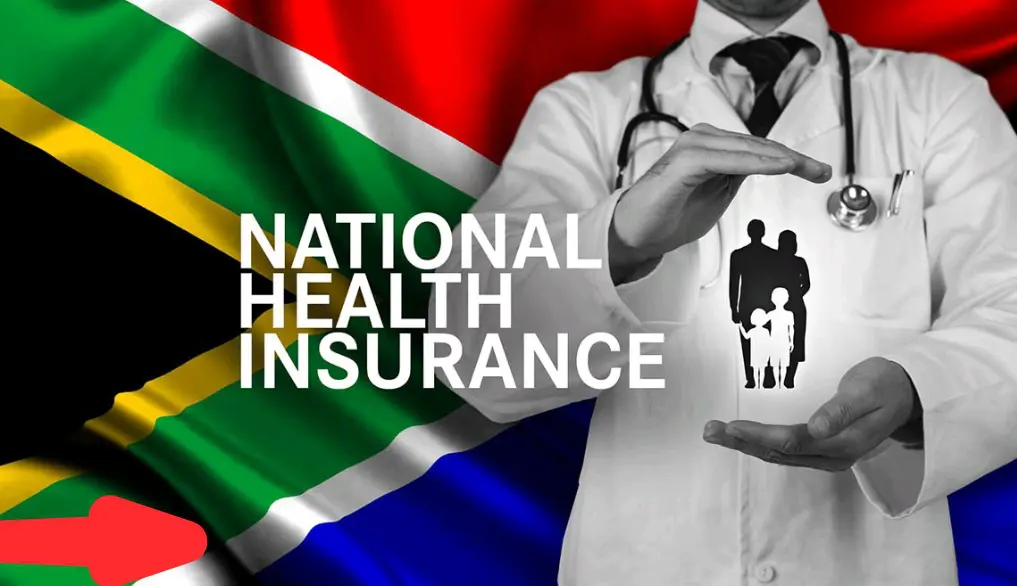Life insurance might not be a topic that frequently comes up in everyday conversation across much of Africa. Yet, as the continent continues to grow and urbanize, with families facing a wide range of financial challenges, the importance of life insurance is becoming more evident. Life insurance can serve as a critical tool in financial planning, offering protection against life’s uncertainties and providing peace of mind for individuals and families.
But what exactly is life insurance, and why is it so important for Africans? In this post, we’ll dive into the basics of life insurance, explain its key benefits, and discuss why it’s an essential financial safety net in the African context.
What Is Life Insurance?
Life insurance is a financial product that provides a lump sum payment, known as a death benefit, to beneficiaries upon the death of the policyholder. The policyholder pays regular premiums to the insurer, and in return, the insurance company promises to pay a designated amount to the policyholder’s family or dependents when they pass away.
There are several types of life insurance, but the two most common are:
- Term Life Insurance – This provides coverage for a specific period, usually 10, 20, or 30 years. If the policyholder dies during this term, the beneficiaries receive the payout. However, if the policyholder outlives the term, there’s no payout.
- Whole Life Insurance (or Permanent Life Insurance) – This provides coverage for the policyholder’s entire life, as long as the premiums are paid. Whole life policies also build up a cash value over time, which can be borrowed against or cashed in.
Why Do Africans Need Life Insurance?
While life insurance is not yet widespread across Africa, the need for it has never been more urgent. Here are a few key reasons why life insurance is essential for Africans:
1. Financial Protection for Families
In many African countries, family is the central support system, with multiple generations often living under one roof or closely together. When a primary breadwinner dies unexpectedly, the financial impact can be devastating. In such cases, life insurance acts as a financial cushion for surviving family members, helping them maintain their standard of living, pay for education, healthcare, and cover funeral expenses.
In rural areas, where access to other forms of financial support might be limited, life insurance can serve as an essential safety net, providing financial support at a time when it’s needed most.
2. Paying for Funeral Expenses
Funeral costs in Africa can be substantial, particularly when it comes to traditional burial rites, which may include transportation, food, and ceremonies. Without life insurance, families are often left with the burden of covering these costs, which can strain already limited resources.
Life insurance policies can help families cover funeral expenses, preventing the need to borrow money or incur debt during a difficult time. Some policies even have provisions for funeral expenses, which can help alleviate the immediate financial pressure.
3. Providing for Dependents and Children’s Education
In many African households, parents and caregivers are the primary source of income. If something were to happen to the breadwinner, the surviving spouse or children could face a significant loss of income. Life insurance ensures that dependents, particularly children, are financially supported, and that their education and basic needs continue to be met in the event of a death.
Some life insurance policies may also allow policyholders to designate a portion of the payout to go directly to education funds, ensuring that children have the resources they need to pursue schooling without the burden of financial strain.
4. Reducing the Risk of Debt
In addition to providing for families after the death of a loved one, life insurance can help ensure that survivors do not inherit debt. In many cases, the deceased may have outstanding loans or financial obligations (e.g., mortgages, car loans, or business debts). Without life insurance, these debts can fall to surviving family members, causing further financial hardship.
A life insurance payout can be used to settle outstanding debts, ensuring that surviving family members are not burdened by the financial obligations left behind.
5. Protecting Business Interests
Many African entrepreneurs run small to medium-sized businesses that are essential not just to their families but also to the local economy. If the business owner were to pass away suddenly, it could put the future of the business at risk, and employees may lose their livelihoods. Life insurance can provide the business with a cash infusion that ensures its continuity, covering expenses such as debts, payroll, or even the costs of transitioning ownership.
Life insurance can also serve as a tool for succession planning, allowing the business owner to designate a successor or ensure that the business remains operational until a transition plan can be executed.
6. Wealth Building and Financial Planning
Life insurance isn’t just about protection—it can also be part of a long-term financial strategy. Some life insurance policies, particularly whole life and universal life insurance, accumulate cash value over time. This cash value can be borrowed against or withdrawn in times of need, providing an additional financial resource.
In markets like South Africa, Kenya, and Nigeria, life insurance has increasingly become a tool for wealth building and financial planning, as individuals look for ways to grow their savings while also protecting their families.
7. Supporting African Social and Economic Growth
In many African countries, the lack of social safety nets, pension schemes, or universal health coverage means that individuals and families are more dependent on their personal resources. Life insurance can be an important step toward building personal financial resilience and contributing to broader economic stability. By providing financial security for the family, it helps reduce the risk of poverty or financial collapse after a loss.
As more people in Africa begin to understand the importance of financial planning, life insurance can play a pivotal role in promoting financial literacy and strengthening the overall economy.
Challenges to Life Insurance in Africa
While life insurance offers significant benefits, there are several barriers that prevent widespread adoption across the continent:
- Lack of Awareness and Education – Many Africans are not fully aware of life insurance or its benefits. Limited understanding of financial products and the absence of information make it difficult for individuals to see the value of purchasing life insurance.
- Affordability – Life insurance can be seen as an extra financial burden, especially in low-income households. The cost of premiums can be prohibitive for many people in countries where average incomes are relatively low and unemployment rates are high.
- Trust in Insurance Companies – Some individuals may be skeptical of insurance companies due to concerns about fraudulent claims or fear that their premiums won’t be honored. Ensuring transparency and building trust in insurance companies is essential for increasing uptake.
- Cultural Attitudes Toward Death – In some African cultures, discussions about death and the financial planning required for it may be taboo. This can make it challenging to encourage people to take out life insurance policies.
Overcoming the Challenges
To address these barriers and encourage broader adoption of life insurance across Africa, several steps can be taken:
- Education and Awareness Campaigns – Governments, insurers, and non-governmental organizations can work together to raise awareness about the importance of life insurance and the benefits it provides. Financial literacy programs can be integrated into school curricula or delivered through community outreach.
- Affordable Premiums and Microinsurance – Insurers can create tailored, affordable insurance products, including microinsurance policies, which are designed to be accessible to lower-income individuals. Premiums should be flexible and affordable, with options for payment schedules that accommodate different income levels.
- Leveraging Technology – The increasing use of mobile phones in Africa presents a great opportunity for insurance companies to offer digital solutions. Mobile-based insurance products, which are often simpler and more accessible, could help bridge the gap for many Africans who might otherwise be excluded from traditional insurance.
- Partnering with Local Communities – To overcome cultural barriers and build trust, insurers should partner with local leaders, religious institutions, and community organizations to encourage life insurance adoption in a culturally sensitive and inclusive way.
Conclusion: Life Insurance is a Key to Financial Security
Life insurance may not yet be top of mind for many Africans, but as the continent’s population grows, urbanizes, and becomes more economically connected, it will become an increasingly vital tool for financial planning. By providing financial protection for families, ensuring the smooth continuation of businesses, and offering a safety net in times of crisis, life insurance can play a pivotal role in securing a stable financial future for individuals across Africa.
Understanding the benefits of life insurance and how it fits into a broader financial strategy is key. Whether it’s safeguarding loved ones from financial hardship, ensuring that children’s education continues, or protecting against unforeseen debt, life insurance can offer peace of mind and financial stability for the long term.



